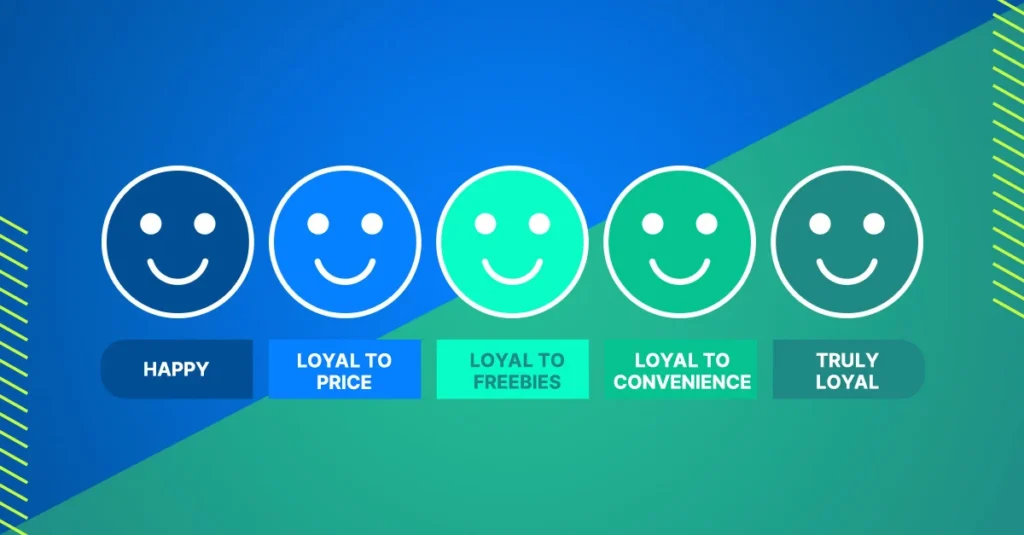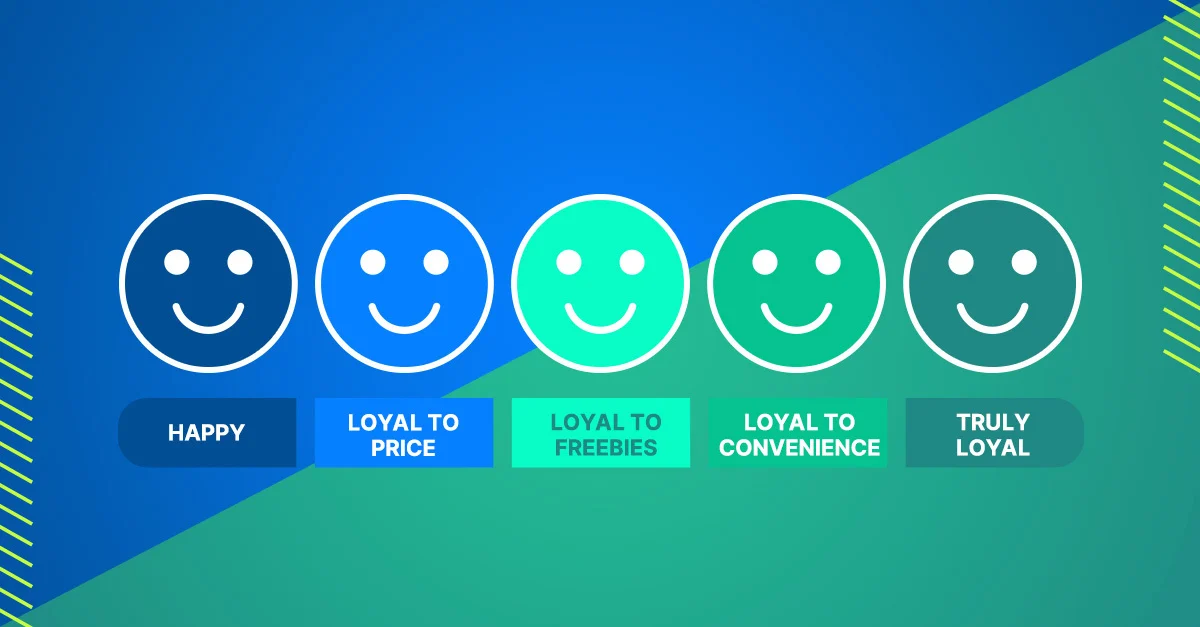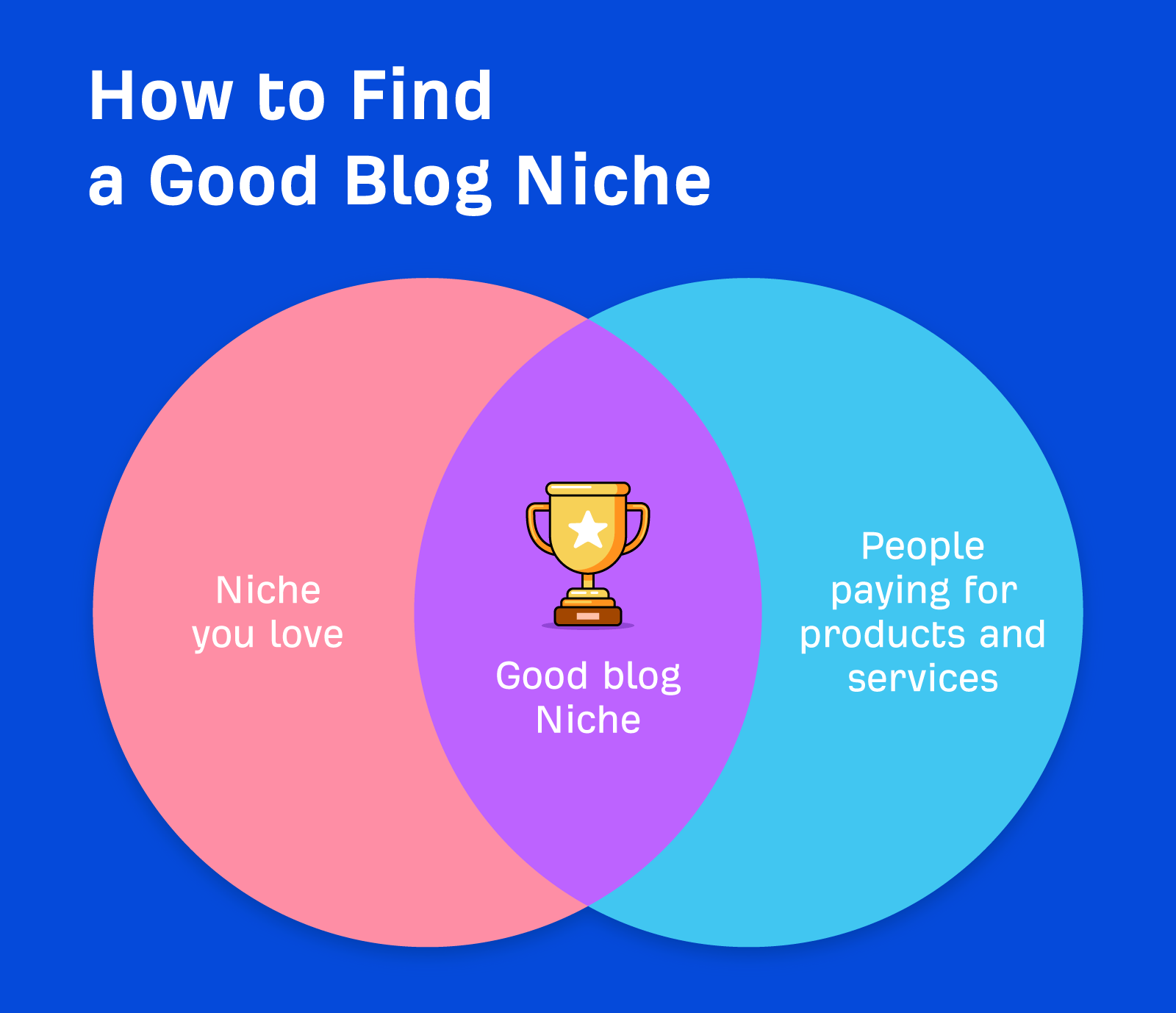Getting leads is only the first step in today’s competitive digital landscape. To convert those leads into loyal customers, a well-planned strategy that engages, cultivates, and creates enduring connections is required. Marketing automation is necessary for this process to be scalable, customized, and effective. By using automation solutions, businesses can save time and create enduring relationships with their clients.

We’ll examine how marketing automation alters the customer journey in this blog, go over the tools and methods employed, and provide doable tactics for converting leads from acquisition to advocacy.
What Is Marketing Automation?
Technology can be used to automate and streamline repetitive marketing tasks like social media posting, lead nurturing, and email campaigns. We call this marketing automation. Automation solutions not only save time but also collect and analyse data, allowing businesses to offer individualised experiences on a broad scale.
Instead of sending a generic email blast to every prospect, automation enables businesses to send tailored emails based on a lead’s activity, preferences, and buyer journey stage. This personalising increases conversion and retention rates while also fortifying bonds.
Why is marketing automation important?
- Scalable Efficiency
Hundreds or thousands of leads cannot be handled manually. By using marketing automation platforms such as HubSpot, Marketo or Klaviyo businesses can seamlessly manage these interactions and ensure that no lead is lost.
- Tailored Interaction
Brands must be able to predict what consumers want and need. Automation systems can then analyse customer data and generate micro-marketing messages to give each interaction a unique, relevant feel.
- With better automation of lead nurturing, it ensures timely follow-ups and pushes your leads the sales funnel faster. Drip campaigns are a user activated drip that can hone in on select pain areas and keep you top of mind for consumers.
- Data-Driven Choices
Marketing Automation Platforms: Marketing automation platforms provide insights into consumer engagement, lead activity and campaign exceedance. By leveraging this data, businesses can refine their strategy and achieve more favourable outcomes.
Key Strategies to Build Relationships Through Marketing Automation
- Segment Your Audience with Precision
Not all leads are the same, and their needs vary based on demographics, interests, and purchasing phases. Segmentation is the cornerstone of customised marketing. Use automated technology to categorise leads, such as:
- Demographics include age, location, and gender.
- Behaviour (page views, downloads, and purchases).
- Stage in the buyer’s journey (awareness, contemplation, and choice). A SaaS supplier, for example, may define leads as “new sign-ups,” “trial users,” and “enterprise customers” and send personalised messages to each.
- Create targeted drip marketing
Drip campaigns are automated email or message sequences issued over time in response to specific behaviours. They cultivate leads by delivering helpful content, removing roadblocks, and directing them towards a purchase. - Use Behaviour-Based Triggers
Behaviour-based triggers ensure that your message aligns with the lead’s real-time engagements. For example:
- If a lead abandons their cart, send a follow-up email with a discount or reminder.
- If a lead downloads a whitepaper, follow up with additional information or a consultation offer.
- Responding to specific actions indicates awareness and relevancy, increasing the possibility that leads will engage further.
- Incorporate dynamic content
Dynamic content changes based on the recipient’s preferences or behaviour. This can be used for email campaigns, landing pages, and product recommendations.
For example, an e-commerce website may show winter products to a person in a cold region while offering summer clothing to someone in a warmer climate. - Automate your customer retention activities
Retaining existing clients is often less expensive than acquiring new ones. Use marketing automation to engage customers after their initial purchase:
- Follow-up after the purchase: Send thank-you letters with product recommendations.
- Loyalty Programs: Set up automated reward alerts for recurring purchases.
- Re-engagement efforts entail reaching back to dormant customers with special offers or updates.
- Maintaining regular, meaningful communication promotes trust and repeat business.
Real-Life Success Stories
Case Study 1: E-commerce Brand Boosts Retention
An online retailer employed marketing automation to categorise clients based on their purchasing history. Within three months of delivering personalised post-purchase emails with complementing product recommendations, they had a 30% increase in repeat transactions.
Case Study 2: SaaS Company Boosts Lead Conversion
A SaaS company used behaviour-based triggers to nurture trial users. Automated drip campaigns included step-by-step lessons, FAQs, and limited-time discounts, resulting in a 20% increase in trial-to-paid conversions.
Metrics to Measure Success
To evaluate the efficacy of your marketing automation initiatives, track these essential metrics:
Conversion Rate: The percentage of leads who take the desired action.
Client Lifetime Value (CLV) is the revenue generated by a client over their lifetime.
Email open and click-through rates are indications of user engagement and content relevance.
Churn rate refers to the percentage of clients who stop doing business with you.
ROI of Automation Tools: Determine the cost of automation versus the income generated.
Regular analysis refines programs and ensures ongoing improvement.
Conclusion
Marketing automation is a powerful technique for converting leads into loyal customers by offering customised, timely, and relevant experiences. There are numerous ways to segment your audience and construct drip campaigns, as well as use behaviour-based triggers and automate retention efforts.
Businesses that employ the right tools and procedures can boost productivity while also developing long-term partnerships that foster customer loyalty and growth. If you want to employ marketing automation, create specific goals, choose the right platform, and prioritise creating value at every stage of the client experience.
Are you prepared to take lead nurturing to the next level? Allow our staff to assist you in establishing an automation strategy that converts leads and retains customers for life. Please contact us promptly!



